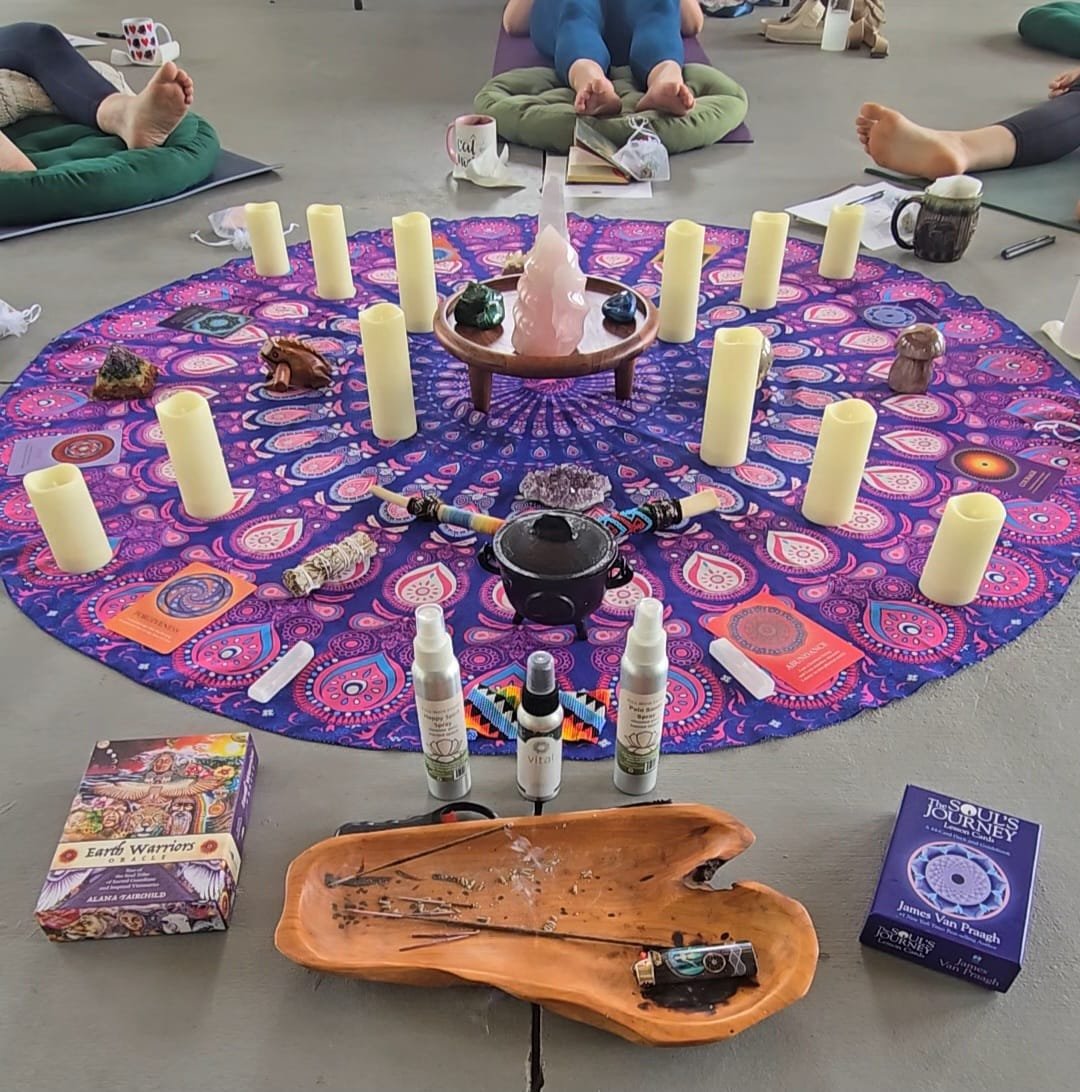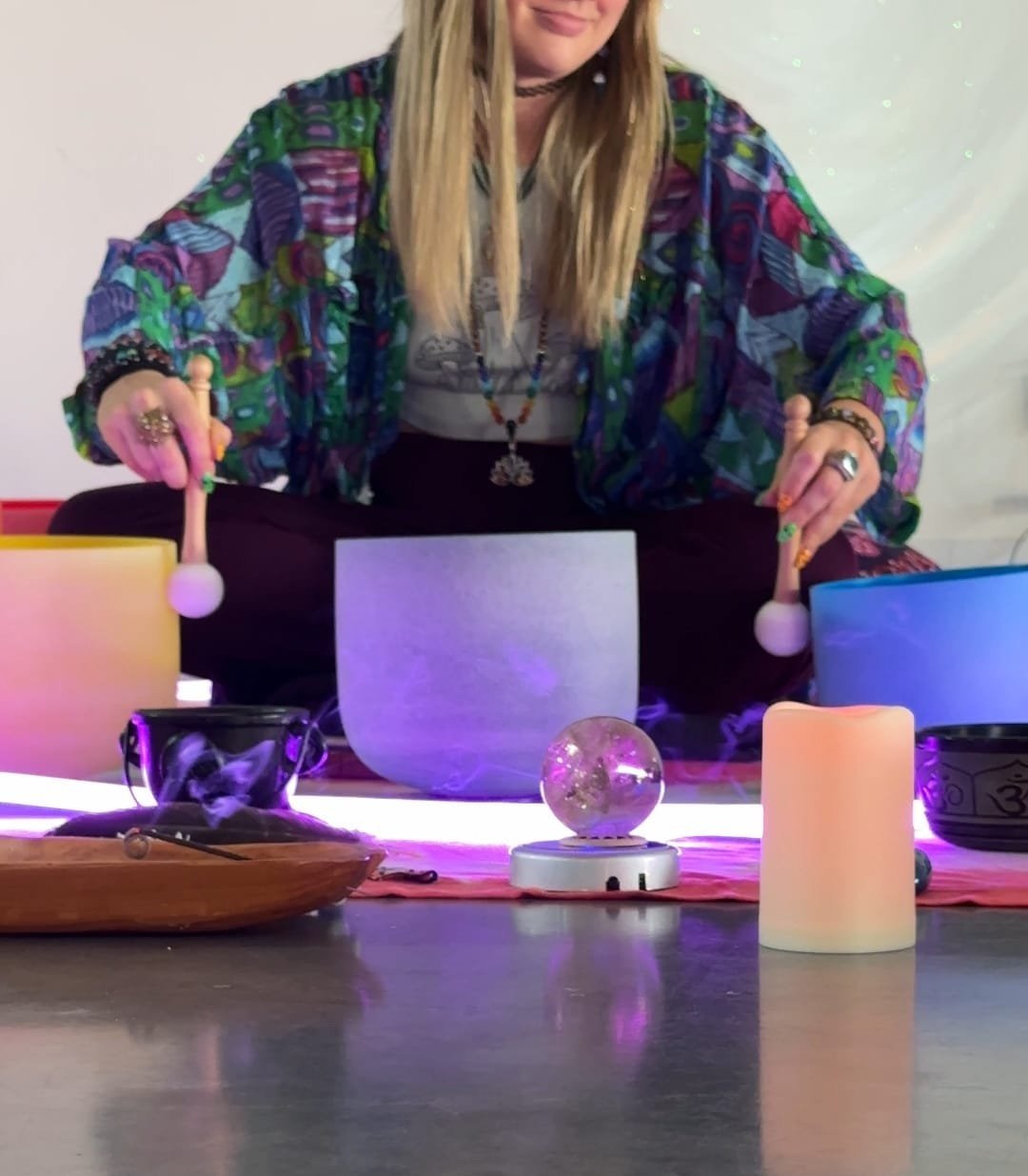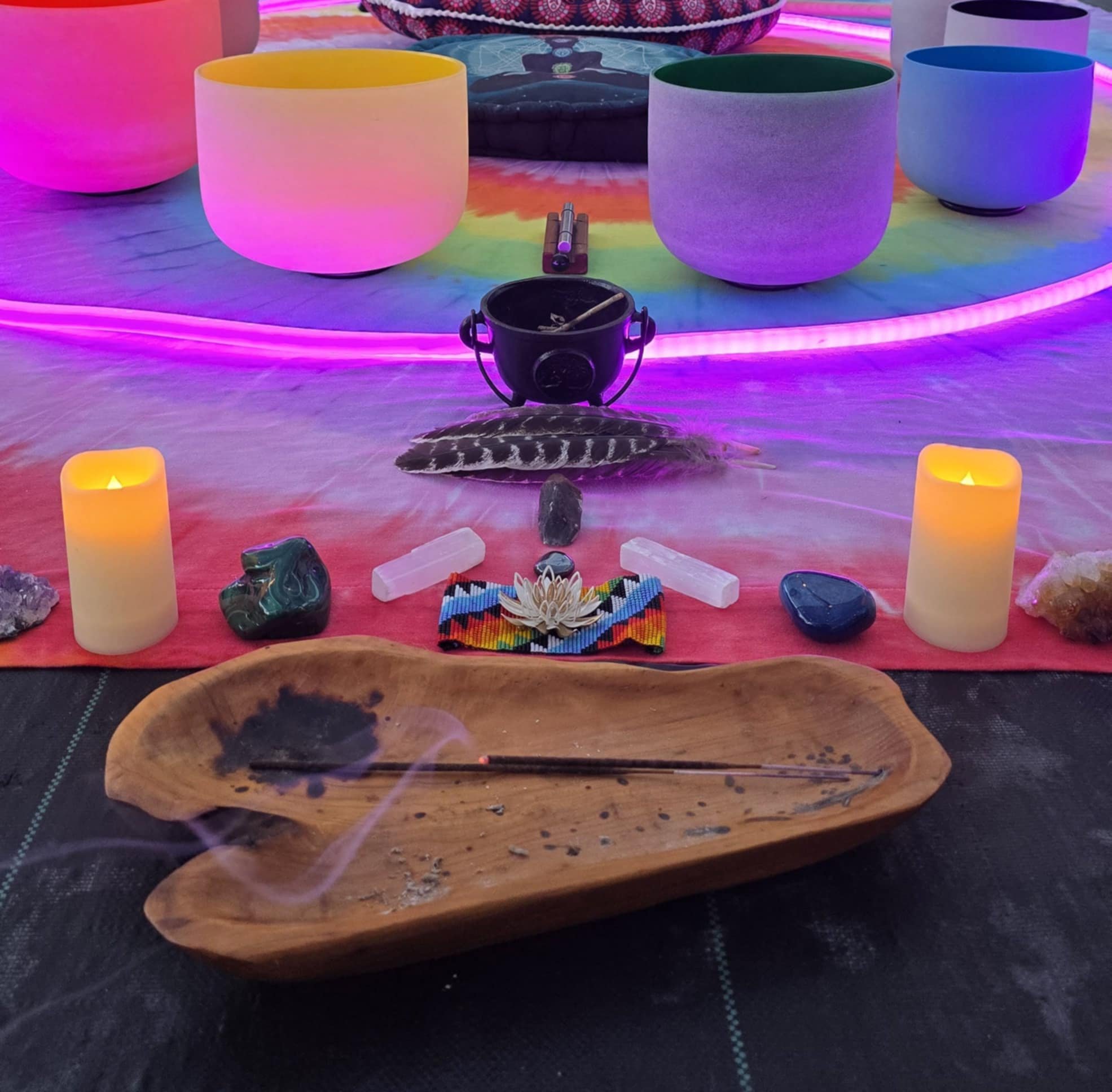
What Happens After a Spiritual Awakening? A Story of Grief, Growth, and Becoming
People talk about spiritual awakenings like they’re this radiant, soul-shaking epiphany. A light switch moment. Blissful. Instant clarity. An awakening.
But here’s the truth no one tells you: most awakenings don’t feel like light. They feel like loss.
Mine began slowly. Not with divine downloads or messages from the universe, but with exhaustion. With crying on my way to work. Crying on my lunch breaks. Crying in the bathroom because I felt stuck in a life that looked “fine” on paper, but left me empty and suffocating inside.

Over-Explaining Is a Trauma Response (And You Deserve to Feel Safe Without It)
Have you ever found yourself explaining... and then re-explaining... and then over-explaining something simple?
Maybe it was your boundary.
Maybe it was why you couldn’t make it to an event.
Maybe it was how you felt about something that hurt you.
And even after you said it clearly the first time, you kept going — trying to make the other person understand, to avoid conflict, to make sure they didn’t get mad, or to prove you weren’t being “difficult.”
If this sounds familiar, you’re not alone — and you're not doing anything wrong.
You're just trying to stay safe.
Because over-explaining is a trauma response.

Understanding the Gut-Brain Connection: How Diet Affects Mental Health
You’ve likely heard the phrase “trust your gut,” but what if we told you your gut is actually speaking directly to your brain?
In recent years, science has uncovered what holistic practitioners have known for centuries: your gut and brain are deeply connected, and the health of one directly impacts the other. This is known as the gut-brain axis—a two-way communication system between your digestive system and your central nervous system. And at the heart of that connection is your gut microbiome: a community of trillions of bacteria, fungi, and microbes living in your digestive tract.

Finding Your Balance: Simple Grounding Techniques to Stay Centered and Calm
In our fast-paced, always-connected world, it’s easy to feel disconnected and overwhelmed. Many of us go through life feeling scattered, anxious, and out of balance, and while some of this can be attributed to the demands of daily life, there’s another factor at play: our lack of grounding. Grounding, also known as “earthing,” is the practice of reconnecting with the earth’s energy and our own sense of stability. It’s a simple yet powerful way to bring ourselves back to the present moment and find calm amidst the chaos. In this post, we’ll explore a variety of grounding techniques to help you stay centered, balanced, and at peace.

Uncovering the Roots of Addiction: Holistic Support for a Complex Journey
Addiction is an incredibly complex journey that impacts not only the body but also the mind, spirit, and soul. While traditional methods such as counseling, medication, and group therapy are often essential elements of recovery, there’s a growing understanding of the value that holistic healing practices can bring as complementary tools in this journey. Practices like sound healing, Reiki, and energy work offer a pathway to address the energetic imbalances and emotional wounds that often contribute to addictive behaviors. In this post, I’ll dive into how these practices can support addiction recovery and help individuals reconnect with themselves on a deeper level. I’ll also share self-practices you can incorporate on your own to enhance and support your healing journey.
